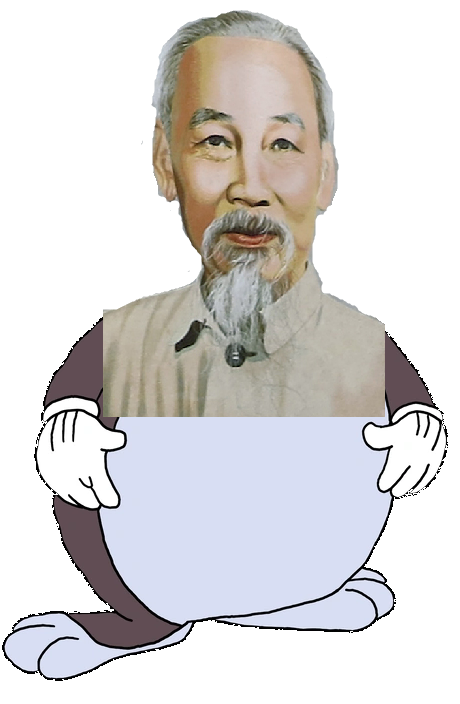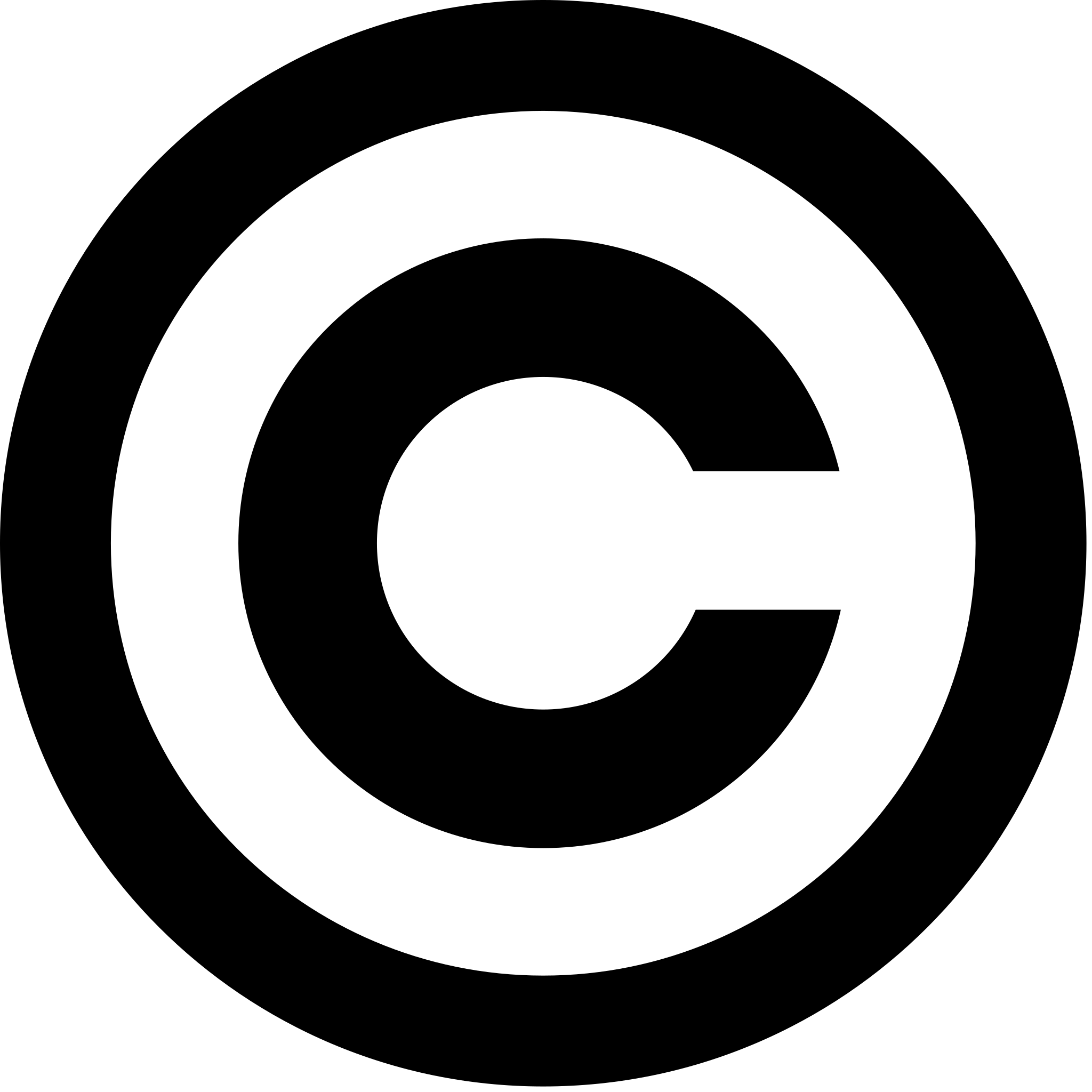 no actually if you get angry that means you care and that’s cringe and you lose the debate
no actually if you get angry that means you care and that’s cringe and you lose the debate 
This sentiment, whoever says it, is basically why I consider pacifists to be immoral fundamentally. The only exception I would give to this is if you live in some utopia where violence and oppression, etc. no longer exists. If you live anywhere in the real world as it exists and you scoff at the violence required to end the oppression of you or others (and unless you’re goddamn Jeff Bezos, you are oppressed to some degree. Don’t get it twisted. His only master is capital, whom he serves, and it serves him in turn. Capital personified, etc.) then you de facto, by default, accept the violence and oppression done to you or others. You’re either a person with morals bordering on immoral, imo, or simply a coward, which is effectively the same in this case. This doesn’t mean “go lynch landlords!” Individual actions like that, while fun to revel in, will achieve little in the grand scheme. But it does mean you have to perceive the world for what it is: one class, capitalists, oppressing another class, labor, whom they exploit. Of course it’s more complicated when you consider imperialism and its remaining/ongoing horrors, but, when boiled down to the essence of the thing, if you perceive yourself as an oppressed laborer and exploited and you know this is true and worse for others yet refuse to accept that only overwhelming violence can end such a violent system… then you’re foolish, immoral, or a coward.
“Non-violent” protest has been retconned into history by liberals (capitalists or those serving them) for the obvious goal of making it taboo, making it “feel bad,” like you’re the one who’s angry, overly passionate, out of bounds if you ever have the audacity to suggest that those who would and do use police and military against the workers of the world are justified just because they have stamped their actions with approval from the state… which they head and control.
And I wanna make it clear that my intention isn’t to just be antagonistic or a keyboard warrior. There is a nobleness in the hearts of those who truly wish and want to believe the world can change without violence. That’s what draws you, in the end, to the moral side of things. But much like men like John Brown saw a long time ago, what capitalists do and what they justify is so abhorrent that it is only correct and moral to respond in kind to their violence against thousands and billions of people with violence against their individual bodies. Liberals love their little trolley problem. This is really the ultimate and easiest trolley problem. Kill a few thousand capitalists to spare the world. They see it the other way around. Kill billions to give them comfort. Even if you feel bad, and you definitely shouldn’t relish in death lest you become soulless personifications of capital yourself, you can’t let it dissuade you from doing the ultimately moral action- or at least stepping aside so others can.
This feels kinda cringe, but whatever, I’m launching it into space and subjecting everyone to it.
Can someone please rephrase/ elaborate “because anger looks to the good of justice” I am having a difficult time interpreting
Aquinas was a medieval European philosopher. You can think of what he is talking about in terms of “good” being a metric of ethics, usually paired with an “evil” (like justice vs injustice).
As another example, health and sickness are another pair of metrics: we act ethically when we strive for health rather than sickness.
More generally Aquinas sees God as the source of all good and thus we should strive towards union with God. One of his attributes is justice. So since righteous anger looks towards justice, which points towards God ultimately, we are acting good or godly when angry at injustices.
And conversely, not only are you unjust otherwise, you are also falling further from God.
Thank you for elaborating in detail! I understand it! Many thanks!
“Justice is the basis of the feeling of anger” is probably the best way I could phrase it
Thanks!
If you get too angry to function, it is important to touch grass. Let your anger drive action towards the greater good. I’m trying to learn that.
I’m so pissed at capitalism bringing about the forces of reaction and climate change and the liberals and conservatives arguing about whether fascists should be able to tell blatant lies that inspire political inaction and spree killings.
What if it’s a woman anger?
“women hold up half the anger”
- mao zedong after losing at video games
It is obviously and old quote when “he” was used as a general term for “one”.
It is kind of odd (and I fully expect some nerd to post a relevant article in the reply) that English has the pronoun (fuck, I just triggered some right winger) “one” which is gender neutral, singular, and has an extreme variety of uses because of that.
(Please forgive me) I took what I would classify as “too many” French courses in my life and it definitely seeped its way into my brain. I ended up functionally literate in it, although don’t ask me to try to speak it. I got laughed at by a young guy from Gabon or Guinea (honestly can’t remember) for trying to speak to him once I realized French was a language he was more comfortable with. That didn’t go so great and my life lesson was “give up. Never try.” Lol. Anyway, in my somewhat limited exposure to French I found they use their equivalent (although I’m not sure that it’s also directly equivalent) pronoun “on” to the English “one” (the pronoun, not the number). If you’ve ever looked at French writing it’s on this and on that. It’s even basically the sound English speakers (and others possibly) use to mock French speakers. That nasally “on hon hon.” Everyone knows what I mean, I assume. Just pretend you’re mocking a French guy and you’ll get it quickly.
Anyway, that was a long way of noting that French uses “one” all the time (more than English in my, again, limited exposure. I will not accept corrections on this from Canadians, btw) while English seems to reserve it for more academic or at least carefully crafted writing where we want to be very precise and removed from the situation. “Myself” starts turning into “oneself” and “I” into “one.” I find myself (one finds oneself… ok I’ll stop) using it when making arguments that definitely apply to me personally, but I want to appear removed from the situation. I have to imagine it’s just not used much in writing because it’s not used much in speech (in the US anyway) and writing came to emulate speech. I dunno. I always found it fascinating because I’m a fucking nerd.
I was doing Duolingo recently and I felt pretty confused when for quite a few translations for German “man” (which means one, not man, man is written with an extra n, Mann) and they always translated as “you” instead of one, which just doesn’t feel right for me since it is too ambiguous and made me think that maybe English speakers don’t use it too much.
You would never expect that. / One would never expect that.
They have completely different meaning IMO and it’s something I would never interchange in Spanish for example.
If I understand what you’re saying here, then yes, “one” in English is rather ambiguous. You just displayed it actually by using it as an equivalent to “you.” In which, also yes, I would personally find that sentence very strange to come upon in the wild.
However, the less ambiguous usage, in the third person usage, as a replacement for he/she/they(singular)/it sounds more natural. It’s still ambiguous to a degree though because a writer can shift between third person and first and even second person all using the same pronoun. Actually this is beginning to sound problematic and perhaps explains things…
I think it’s basically relegated to usage in rhetorical writing (rarely speech I imagine. I would literally never say the pronoun one unless I was quoting something) where you’re meant to be speaking not as yourself and not about actual people but rather a hypothetical you or hypothetical third person… if that makes sense. That’s the way it’s used as far as I can tell anyway. Academic papers where one wants to appear lofty and above the fray, so to speak. See, even there you can substitute in first person “I” (I want) or second person “you” (you want) or third person “they” (they want). It’s too ambiguous to use for any other purpose than when you are intentionally being ambiguous, such as academic papers, rhetoric, stuff like that. Using it in a pithy quote, like the OP, might be good too.
English is weird because it gets all these relics that aren’t used but exist and can be used. A weird confusing language even for native speakers…








